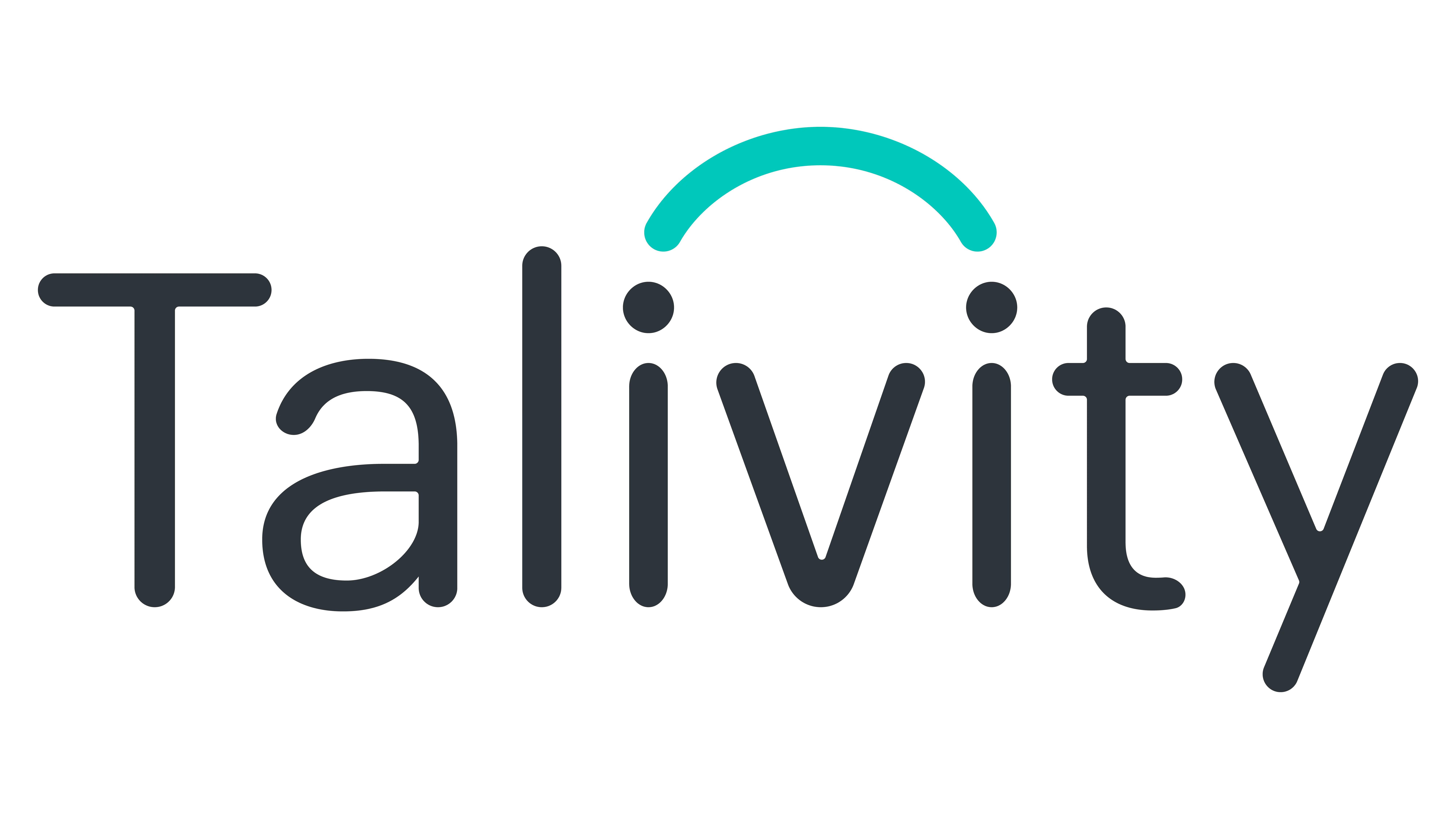Find the right solution for your business.
Explore SolutionsIn the ever-evolving landscape of human resources and talent management, artificial intelligence has emerged as a powerful tool for streamlining the recruitment process. The integration of AI in hiring practices has promised increased efficiency, cost-effectiveness and improved candidate experiences.
However, as AI becomes more ingrained in talent acquisition, the ethical implications of its application have come under increased scrutiny. In this article, we’ll dive into the importance of addressing these ethical considerations in AI-driven recruitment and propose a path forward for building a fair, transparent, and accountable ecosystem.
Impact of AI in Recruitment to Date
The influence of AI in the recruitment sphere is undeniable. According to a report by LinkedIn, 76% of recruiting professionals believe that AI and automation will be a fundamental part of their hiring process by 2025. Employers have adopted AI-driven systems to sort through vast numbers of resumes, assess candidate suitability, and even conduct initial interviews. The efficiency gains are clear, but what about the unintended consequences?
Unintended Consequences: Bias of AI in Recruiting
One of the primary ethical concerns surrounding AI in recruitment is the potential for perpetuating biases present in the training data. Historically, biases – based on gender, race, socioeconomic status, among others – have existed in the hiring process, which AI systems learn from.
Since we know that the talent sector is marked by disparities in access to education and opportunities, if the data used to train AI models contains these biases, the models may inadvertently discriminate against certain groups, further exacerbating existing disparities.
“Incorporating ethical considerations into AI-driven recruitment is not just a moral obligation but a strategic necessity,” said Fernando Rodriguez-Villa, CEO of AdeptID, which brings together experts in machine learning and labor to help get more people into better jobs, faster.
To achieve a diverse and inclusive workforce, it’s essential to address these disparities through ethical AI practices.
Recognizing and Preventing Bias in AI Hiring
Recognizing and mitigating bias in AI recruitment systems is the first critical step toward responsible AI use. Organizations need to actively work to identify, correct, and prevent bias in their AI models. This includes reviewing and diversifying the training data, and ensuring that the algorithms are regularly audited for fairness.
The responsibility to address these ethical concerns does not rest solely on the shoulders of AI developers and data scientists. It is a shared responsibility among all stakeholders in the talent sector. Organizations should openly communicate their use of AI in the hiring process, providing candidates with an understanding of how these systems work and the data they use. This positioning will help build trust and empower individuals to make informed choices.
For the same reasons, explainability is crucial when it comes to AI. The hiring models should be designed in a way that allows them to explain the basis for their decisions. This not only increases transparency, but also helps developers in identifying and addressing potential biases.
The path forward lies in a collective commitment to building a fair, transparent, and accountable AI ecosystem in recruitment. As AI continues to shape the future of talent management, it is our responsibility to ensure that it shapes it in an ethical and equitable way. By addressing bias, advocating for transparency, and navigating the challenges, we can achieve a talent sector that embraces AI responsibly, fostering a diverse and inclusive workforce and a brighter future for all.

